The burst of energy seems to represent the event horizon of the supermassive black hole in M87 extending outwards, suggesting how black holes could “leak” energy.
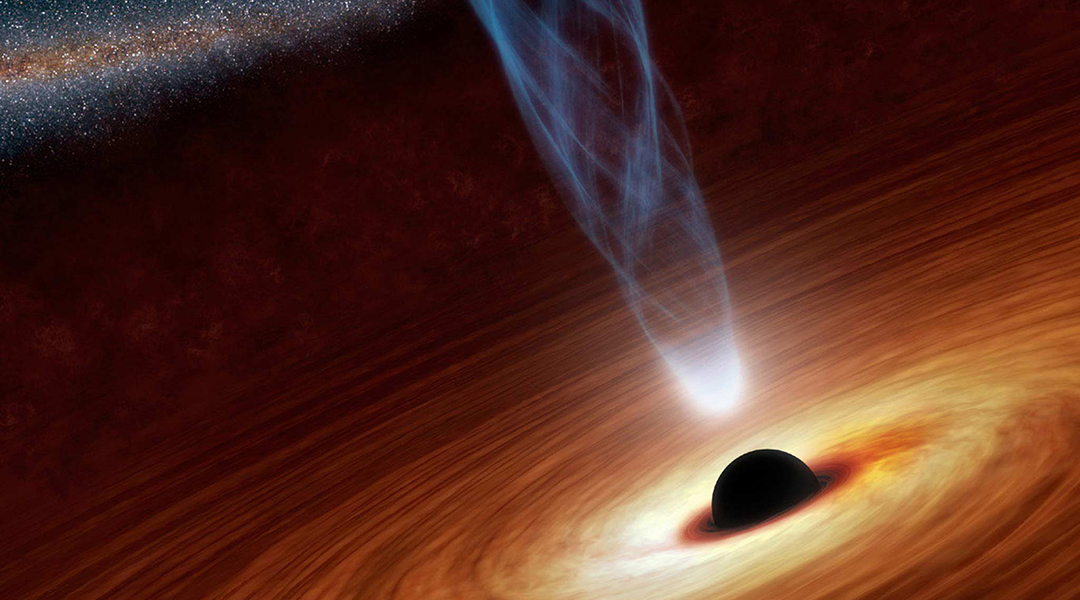

The burst of energy seems to represent the event horizon of the supermassive black hole in M87 extending outwards, suggesting how black holes could “leak” energy.
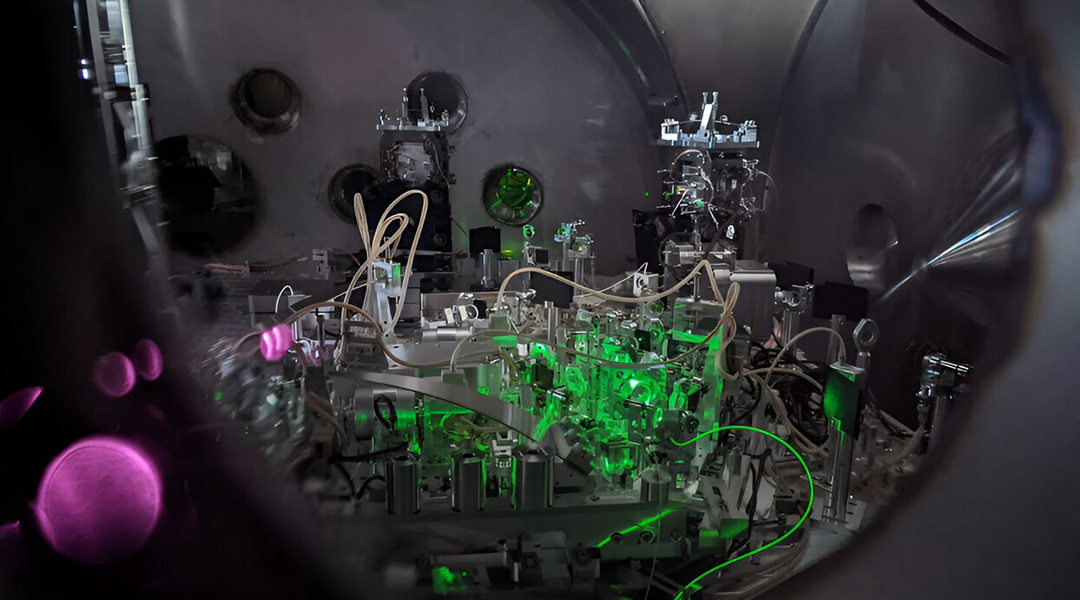
Physicists working on LIGO have surpassed the quantum limit to enhance gravitational wave detectors and revolutionize astrophysical observations.
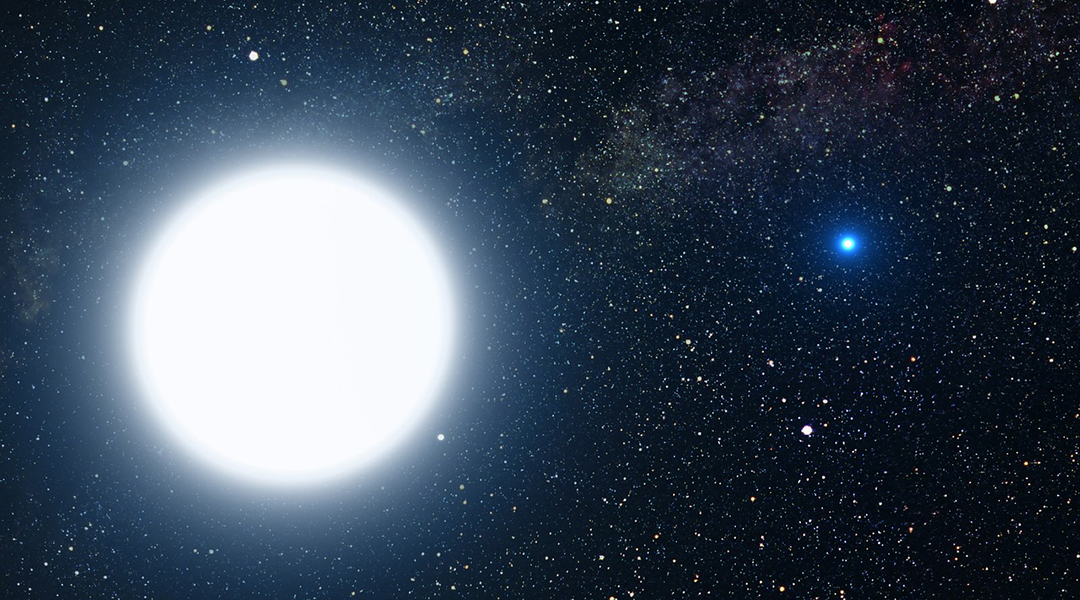
Due to their incredible density, astronomers believe white dwarfs might make the perfect dark matter detectors.
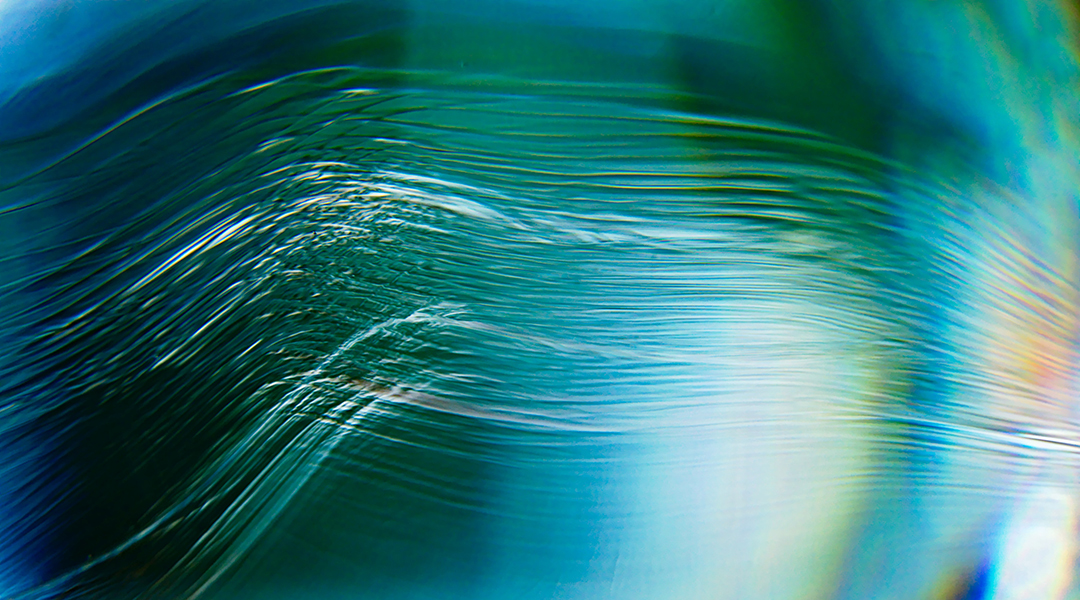
Exploring the interface between classical and quantum physics and where it breaks down to provide answers for some long-standing mysteries.
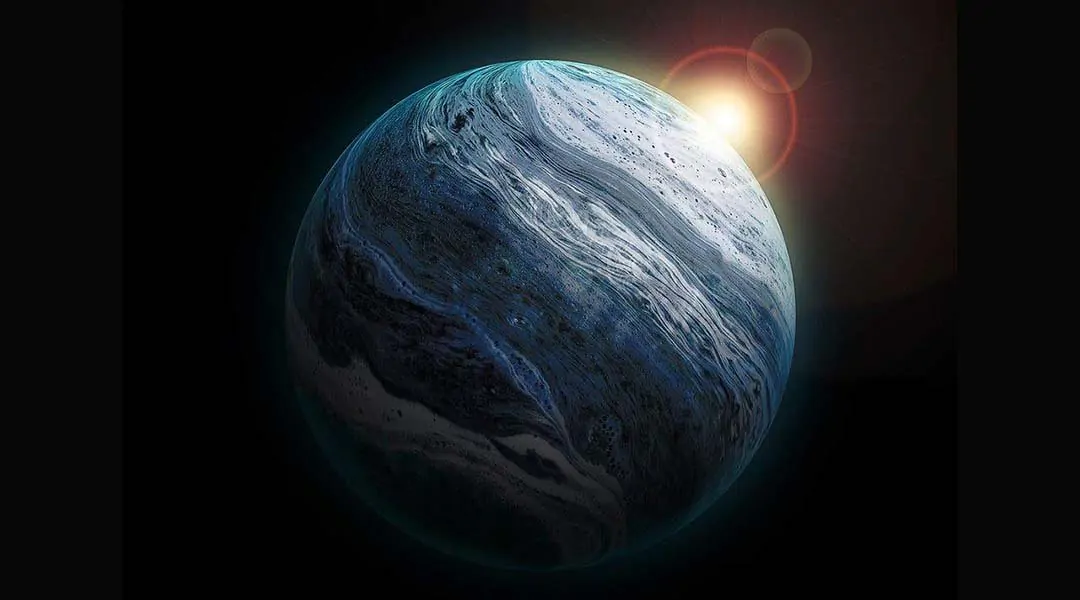
Scientists investigate “hycean” exoplanets with hydrogen-rich atmospheres and liquid water oceans, challenging traditional definitions of habitability.
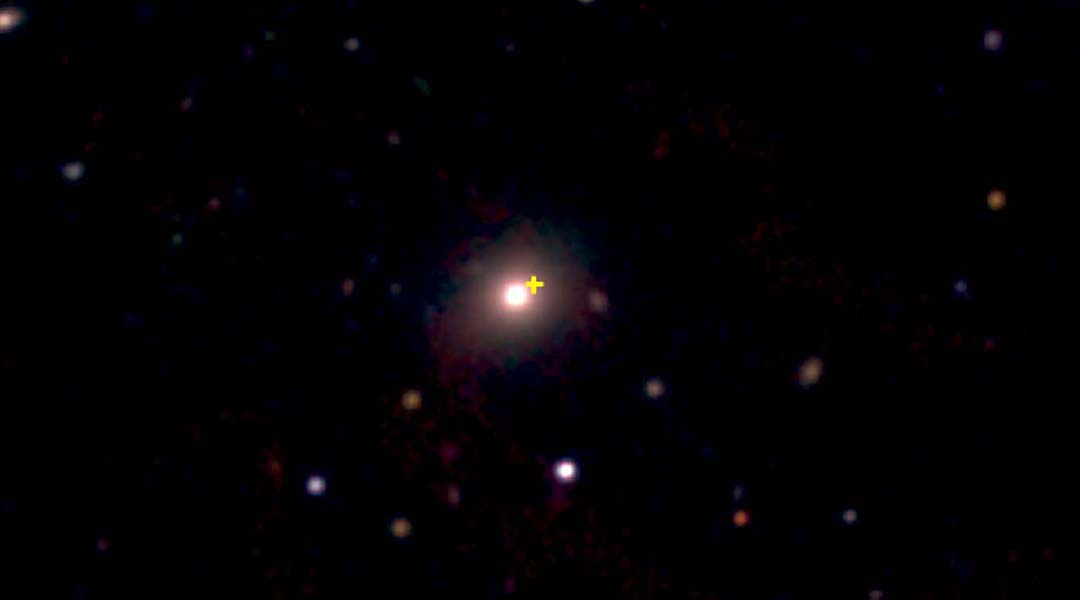
The rare but extreme blast that outshone most supernovas originated two billion light years away and has been classed as a “Luminous Fast Cooler”.
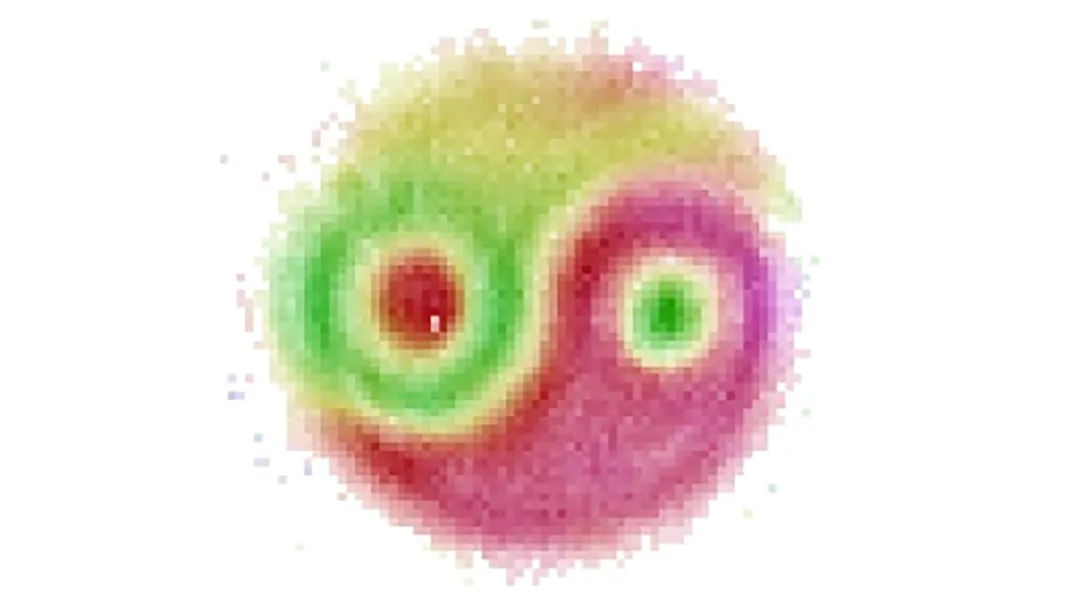
The mysterious phenomenon that Einstein once described as “spooky action at a distance” was seen as a wavefunction between two entangled photons.
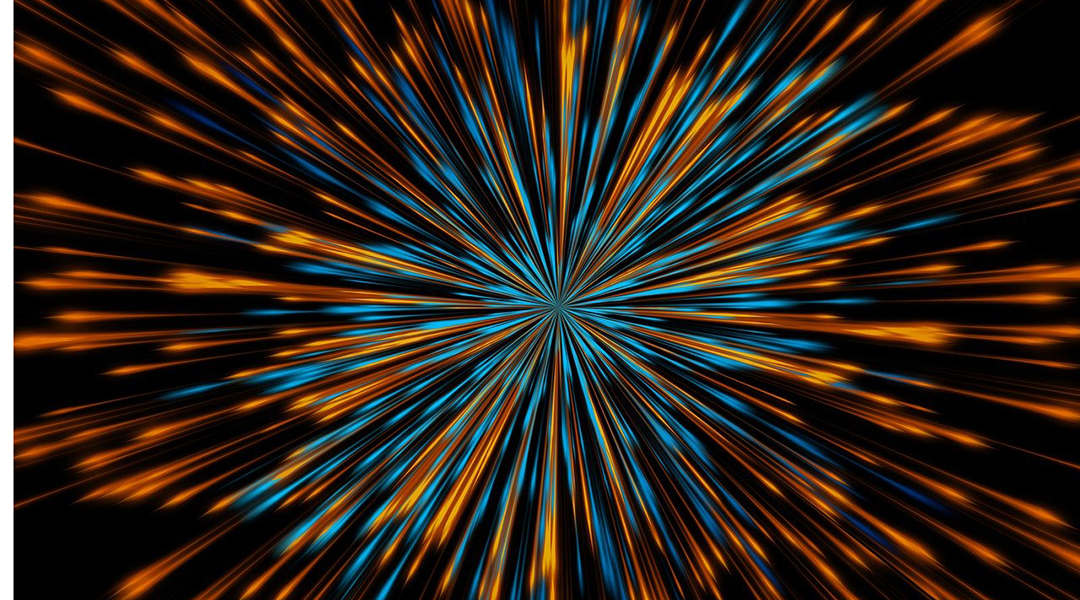
Enhanced experimental precision has the potential to either confirm or dispel uncertainties surrounding the Standard Model of Physics.
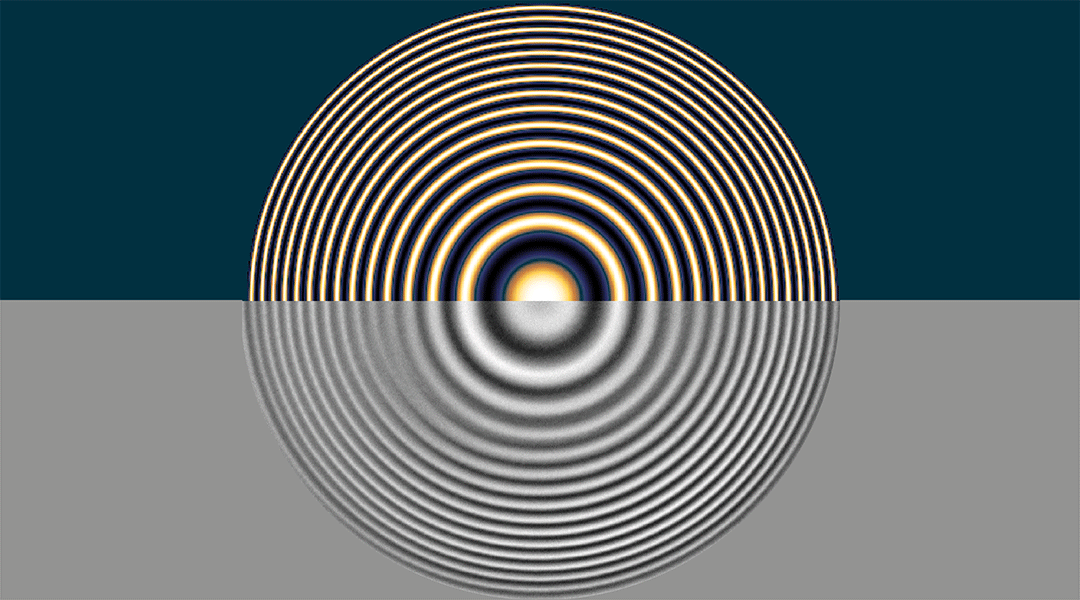
Tuneable micro-structured surfaces could overcome the limitations of current unchangeable components that result in “static” optical devices.
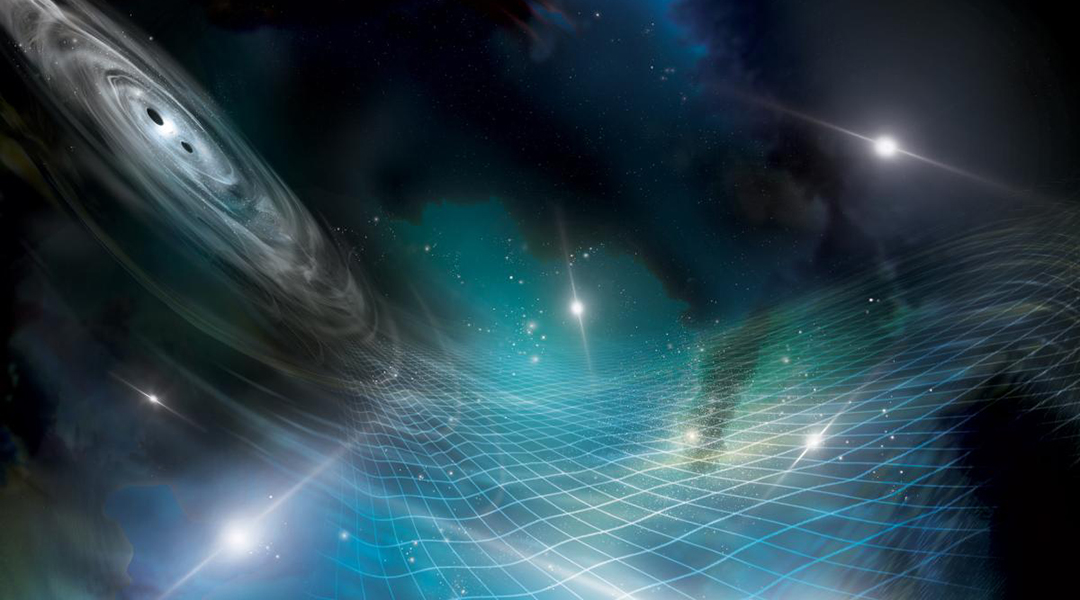
The universe is ringing with gravity, but humanity is only just beginning to hear the nuance of this cosmic symphony.